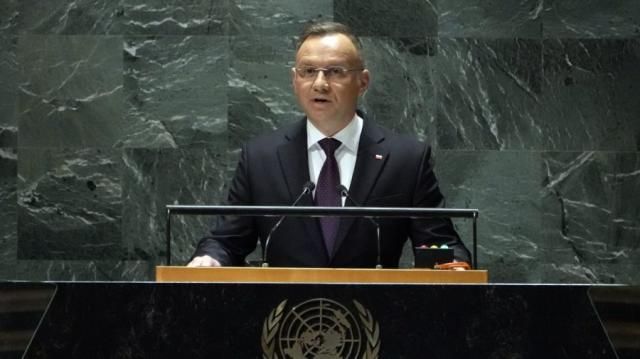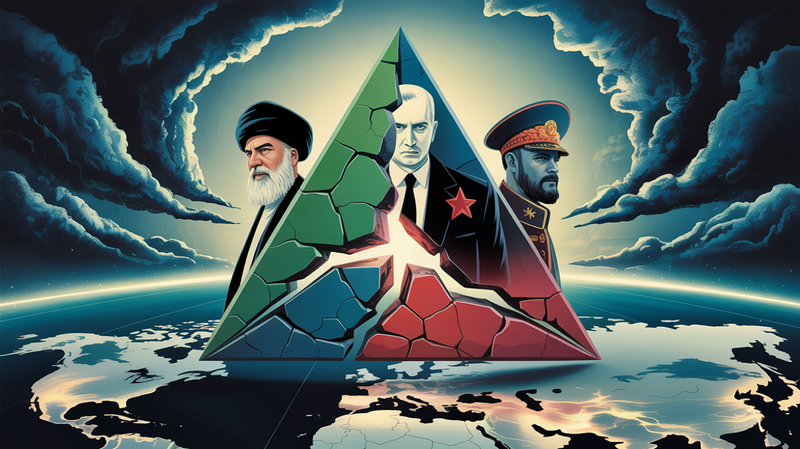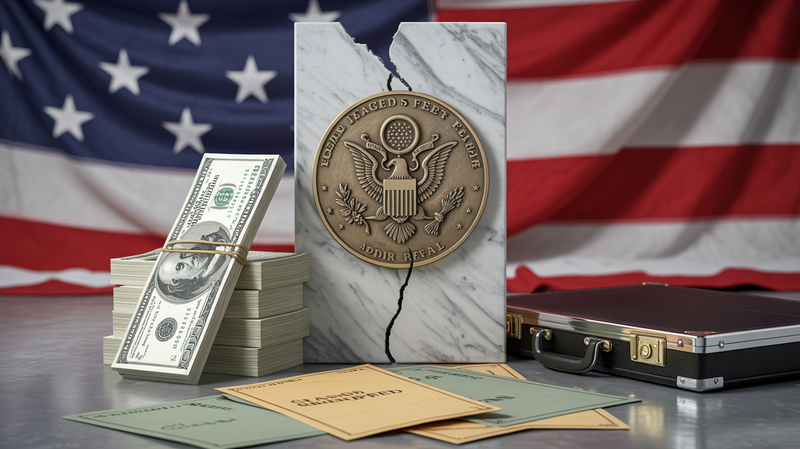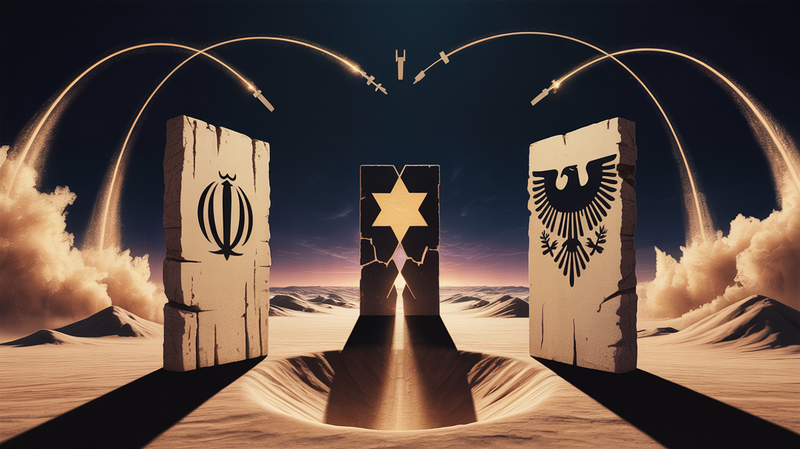Poland-Ukraine Tensions: A Deepening Rift Beyond Trade
In a rapidly escalating disagreement that has now moved beyond a mere trade dispute, Poland has ratcheted up its rhetoric against Ukraine. President Andrzej Duda's recent comparison of Ukraine to a desperate drowning individual risking their rescuer's life has drawn significant attention. Speaking in New York,

In a rapidly escalating disagreement that has now moved beyond a mere trade dispute, Poland has ratcheted up its rhetoric against Ukraine. President Andrzej Duda's recent comparison of Ukraine to a desperate drowning individual risking their rescuer's life has drawn significant attention.
Speaking in New York, Duda commented, “Ukraine is behaving like a drowning person clinging to anything available… A drowning person is extremely dangerous, capable of pulling you down to the depths… simply drown the rescuer.” Such sharp words come in the aftermath of Poland leading a coalition of central and eastern European nations in extending unilateral curbs on Ukrainian food imports, despite an EU agreement to lift them.
Justifying Poland's stance, Duda emphasized, “We have the right to defend ourselves against harm being done to us.” This vocal approach can be seen in the backdrop of the forthcoming parliamentary elections on October 15, where the ruling Law and Justice (PiS) party has taken a noticeably confrontational tone. Notably, the party, once a staunch ally of Kyiv, is now witnessing dwindling support, especially among rural voters disillusioned with Warsaw.
In an interesting twist, PiS, which previously played a pivotal role in aiding Ukraine against Russian aggression, is now vouching for Polish sovereignty and promoting farm protectionism. This change of heart is striking given that Warsaw had initially supported the EU's decision to lift tariffs on Ukrainian grain after Moscow's invasion in 2022. The city had also warmly received millions of Ukrainian war refugees.
Janusz Kowalski, Poland’s deputy agriculture minister, hinted at a bigger picture, stressing the implications of the ongoing rift for the broader relationship between the two countries. He remarked on the increasing "refugee fatigue" in Poland and warned of its political consequences. Indeed, as the situation develops, Warsaw's continued support for approximately 1 million Ukrainian refugees post-2024 seems uncertain.
A change in Poland’s approach towards Ukraine is perhaps best explained by Daniel Szeligowski, senior research fellow at the Polish Institute of International Affairs. He remarked, “Poland’s government will continue to support Ukraine but it won’t shoot itself in the foot.”
On the trade front, after significant farmer protests earlier this year, Poland opted for an import ban. Although the EU eventually agreed to temporarily support these restrictions, Kyiv retaliated by hinting at its own import ban on Polish agricultural products and a potential complaint at the World Trade Organization.
As tensions mount, Ukrainian President Volodymyr Zelenskyy expressed concerns over the dispute benefiting Russia. He warned against turning the grain issue into a political theater that inadvertently sets the stage for Moscow.
However, it's crucial to note that, despite the recent tensions, Poland has been unwavering in its support for Ukraine since the onset of the war, generously hosting over a million Ukrainian refugees. But public sentiment is shifting, and the ruling party finds itself in an electoral quandary.
In a recent Reuters poll, support for Ukrainian refugees in Poland plummeted from 91% at the war's inception to a mere 69%. The numbers underscore a growing reluctance, with 25% of Poles now opposing refugee support, a significant increase from just 4% in early 2022.
President Duda, during a CNN interview, reiterated his dedication to aiding Ukraine, emphasizing the need to completely defeat Russia. He firmly stated that only when Ukraine regains control over its recognized borders, with the help of the West, can we declare Russian imperialism truly defeated.
In the unfolding Poland-Ukraine saga, it's evident that both trade and politics are deeply intertwined, with far-reaching implications for the region.




